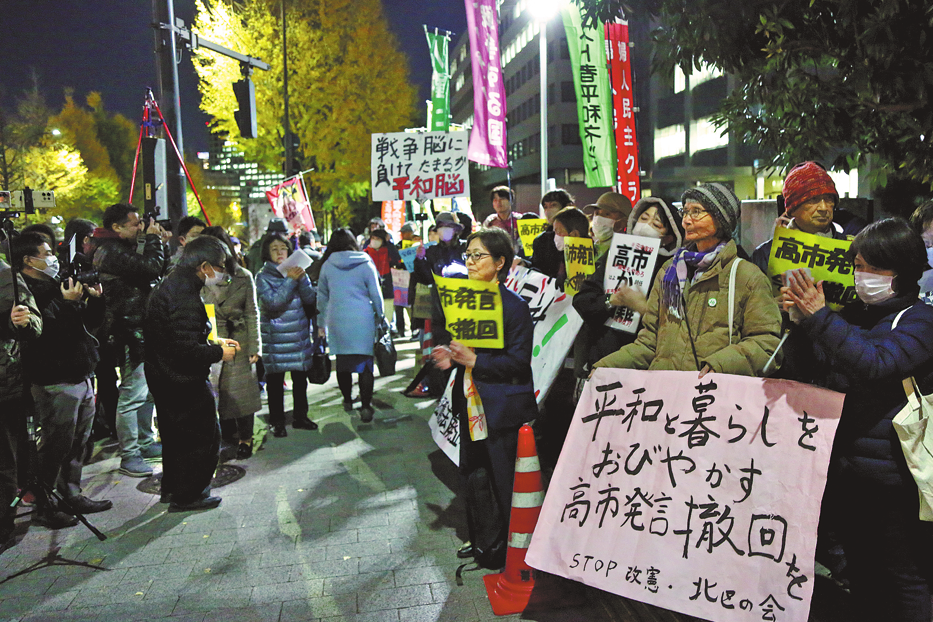UNICEF reports climate crisis endangers 12 million Kenyan children

The United Nations Children's Fund (UNICEF) has issued a stark warning that the intensifying climate crisis is threatening the lives and wellbeing of 12 million children in Kenya, with 2.4 million already living in counties classified as being at very high risk to climate and environmental shocks.
In its dubbed climate landscape analysis for children or CLAC report released recently, UNICEF reported that climate change—through extreme weather events, environmental degradation, and pollution—is "jeopardising children's lives, health and wellbeing".
"This is not just a climate crisis—it is a child rights crisis," the report states, noting that children in Kenya face growing barriers to safe water, food, healthcare, education, and protection as climate hazards intensify.
The analysis, based on UNICEF's children's climate risk index – disaster risk model or CCRI-DRM, revealed that 9.2 million children are exposed to drought, with rising temperatures and prolonged dry spells contributing to school absenteeism, sanitation breakdowns, and disease outbreaks.
Flooding also remains a major hazard. In 2024 alone, floods affected over 306,000 people across 43 counties, with schools damaged or closed, latrines overflowing, and essential services disrupted according to the report. These climate shocks, UNICEF warns, are "deepening existing inequalities and leaving the most vulnerable children even further behind."
Kenya's UNICEF representative Shaheen Nilofer said that Kenya's children are already facing the consequences of a changing climate — from missing school due to floods to going hungry during prolonged droughts, adding that report is not just an analysis, "it's a wake-up call and a call to action."
Among the most affected are children in arid and semi-arid lands or ASALs, where livelihoods dependent on livestock and agriculture are being eroded. The report links climate-related stress to increased risks of child marriage, sexual exploitation, and displacement.
UNICEF acknowledged Kenya's strong policy framework but warns of an "implementation gap" at the county level due to limited coordination, underfunded contingency funds, and lack of environmental data.
To address the crisis, UNICEF is calling on the Kenyan government to "prioritize child-centered climate action" and to build the resilience of essential systems—especially health, education, water and sanitation, and social protection.
The report also recommended that the government to also integrate child-focused strategies into climate and disaster risk policies, strengthen early warning and emergency systems for children, expand climate-resilient education and health infrastructure and increase youth participation in climate decision-making.
"Children must be at the heart of climate strategies," the report added, urging a scale-up of clean energy access, adaptive social protection, and child-inclusive disaster planning.
Without urgent investment and reform, UNICEF warns, climate change threatens to roll back decades of development progress for Kenya's children.
































